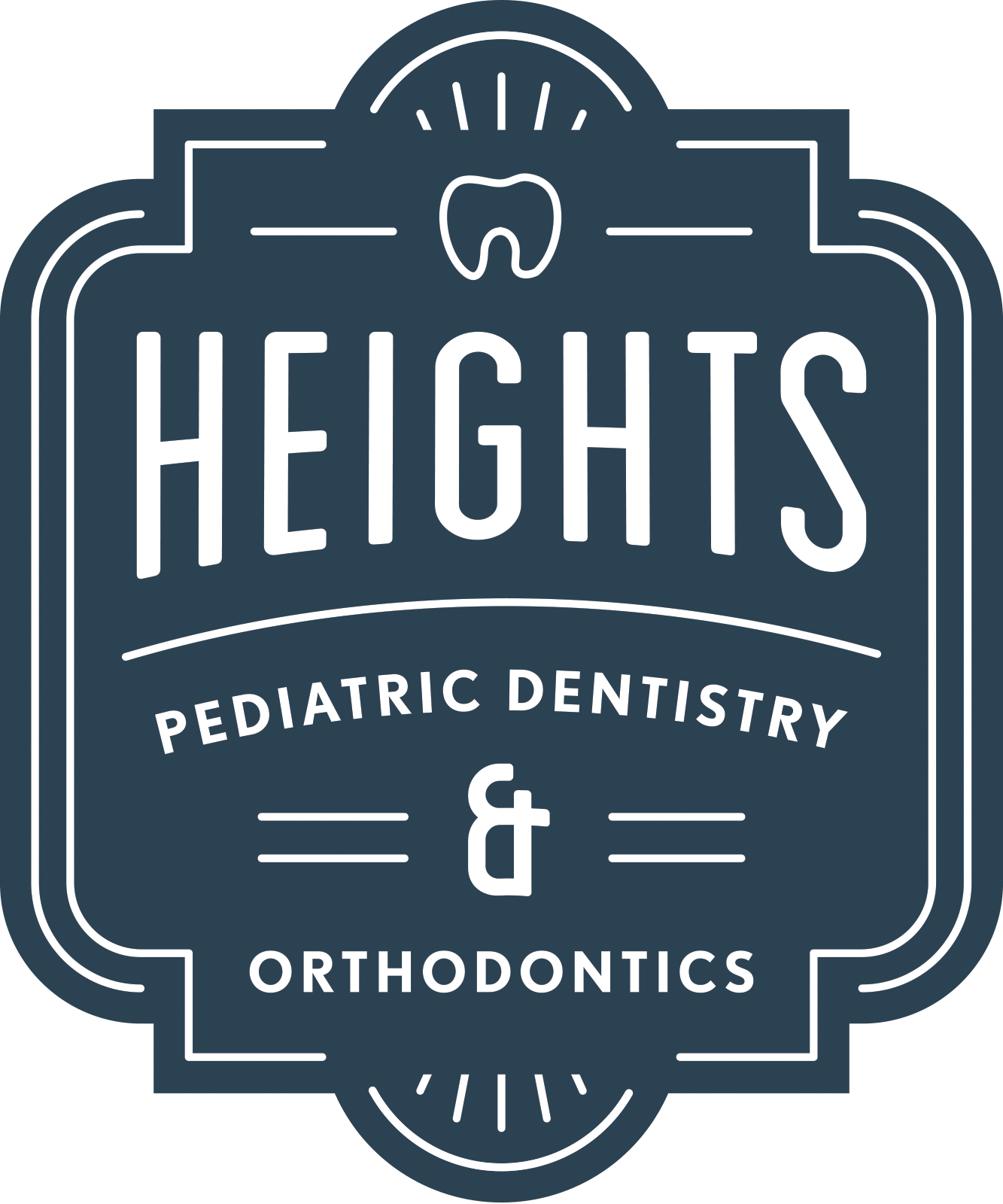Acid Reflux
/As dental care providers, we do not usually see kids before one year of age when our pediatric colleagues are dealing with reflux in babies. Most of the time those “colicky” babies are able to sleep and eat a variety of foods by one year of age once acid reflux seems to have resolved. That is usually when we take over care of children’s oral tissues and growing teeth. By three or four years of age we often note severe wear on primary molars that presents very differently than grinding. When kids grind or clench their teeth (which is both common and normal until a certain age) the wear makes teeth appear flat. However, acid wear presents as holes on the cusps of teeth or shiny smoothness on the backs of the front teeth (incisors).
When kids are under six years of age, they do not have any permanent teeth, and we usually monitor growth and development to see if they will grow out of the issue as their digestive system matures. However, when permanent teeth erupt, seeing acid wear on them prompts us to have a conversation with parents and pediatricians. Because most of these kids never knew life without acid reflux, they often do not know that the feeling of “heart burn” is abnormal and therefore never complain about it. Our questions involve many areas of growth and development.
We start the conversation with the following inquiries to both parents and kids:
Quality of sleep.
Growth charts for both height and weight.
Persistent hoarseness in patient’s voice.
Morning cough or frequent throat clearing.
Preference to sleep on multiple tiers of pillows to simulate sitting up.
Natural avoidance of any acidic or spicy foods that trigger the symptoms.
Patient’s diet including soft drinks, juices, or any other fatty and acidic foods.
Any eating aversions or difficulties swallowing.
Frequent stomach problems or vomiting.
Persistent bad breath once other causes, such as dental decay, have been eliminated.
Once we discuss these problems with parents and discover multiple answers matching diagnosis of reflux, we encourage parents to speak to the pediatricians about more diagnostic testing that will help with treatment. Many anti acid medications are over the counter, but we prefer for parents to eliminate other causes such as obesity or poor diet before starting medications. Our concern is not only the acid wear on the teeth, but all the problems with the esophagus and stomach that regurgitation of stomach acid can cause. We truly appreciate collaboration of our pediatric colleagues for helping us as dentists diagnose and treat acid reflux for overall better health of our patients.
Dr. Lindhorst, Dr. Darsey, Dr. Theriot, Dr. James and the Heights Pediatric Dentistry and Orthodontics Team
